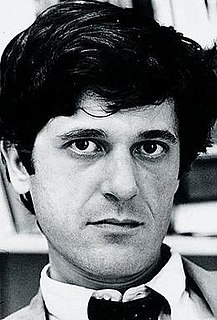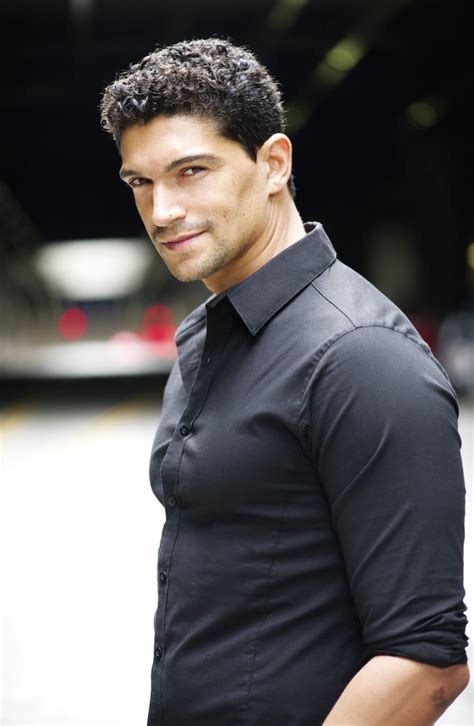A Quote by Sam Kean
Genes are like the story, and DNA is the language that the story is written in.
Related Quotes
It's only a story, you say. So it is, and the rest of life with it - creation story, love story, horror, crime, the strange story of you and I. The alphabet of my DNA shapes certain words, but the story is not told. I have to tell it myself. What is it that I have to tell myself again and again? That there is always a new beginning, a different end. I can change the story. I am the story. Begin.
The Universe story is the quintessence of reality. We perceive the story. We put it in our language, the birds put it in theirs, and the trees put it in theirs. We can read the story of the Universe in the trees. Everything tells the story of the Universe. The winds tell the story, literally, not just imaginatively. The story has its imprint everywhere, and that is why it is so important to know the story. If you do not know the story, in a sense you do not know yourself; you do not know anything.
Sometimes language gets in the way of the story's feelings. The reader finds himself experiencing the language of the story rather than the story. The words sit there on the page like coins, with their own opacity, as though they're there for their own sake. "A man goes into a phone booth, stirring coins in his palm." "Stirring" is such an obviously selected word. You can feel the writer looking for the word as he sat at the typewriter.
One of the ways in which writers most show their inventiveness is in the things they tell us about how they write. Generally speaking, I don't like to make a plan before I've written a story. I find it kills the story - deadens it, makes it uninteresting. Unless I'm surprised by something in a story, the reader's not going to be surprised either.
I love story-writing because I can (more or less, on occasion) actually DO it. That's really the truth. I like the idea that a story is sort of a site for making cool language effects - a site for celebrating language, and, therefore, the world. And the brevity is part of the challenge. I like stories because I get them - I know how to make beauty, or something like beauty, in that mode.






































